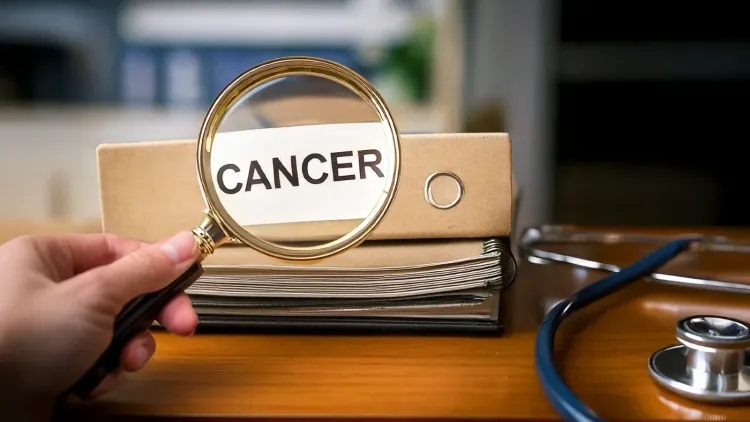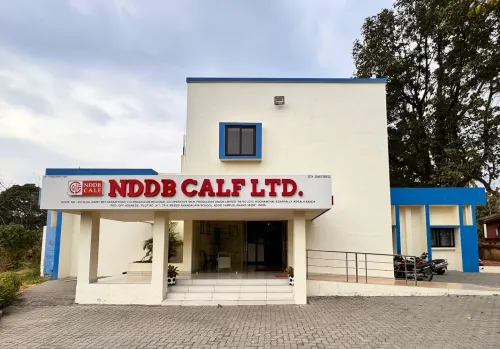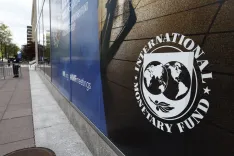How Are Over 150 ASHA Workers Trained to Detect Cancer Early in Delhi?

Synopsis
Key Takeaways
- Over 150 ASHA workers trained to detect cervical and breast cancer.
- Early detection can increase survival rates to over 90 percent.
- Community health workers play a crucial role in cancer prevention.
- The initiative aims to reach over one million people in Delhi.
- Digital tools will enhance tracking and monitoring of screenings.
New Delhi, Aug 11 (NationPress) In a groundbreaking initiative to tackle cancer, more than 150 Accredited Social Health Activists (ASHA) workers have been equipped with skills to identify and diagnose cervical and breast cancer at its earliest stages. This program, spearheaded by the National Association for Reproductive and Child Health of India (NARCHI) in partnership with the Institute of Obstetrics and Gynaecology at Sir Ganga Ram Hospital, was unveiled in Delhi during the 31st Annual Conference, which took place from August 8 to 10.
The training encompassed recognizing symptoms and understanding referral protocols for cervical and breast cancer, ensuring timely guidance for patients to diagnostic centers. Additionally, participants were trained in communication skills to help dismantle the stigma and fear surrounding cancer.
ASHAs were also introduced to user-friendly tracking tools, both paper-based and mobile-compatible, to efficiently log suspected cases and monitor follow-ups.
"Early detection can elevate survival rates to over 90 percent compared to less than 40 percent for late-stage diagnoses, particularly for breast, cervical, and oral cancers. By empowering our ASHA champions to identify the earliest warning signs of cancer, we aim to stop the disease before it takes hold," stated Dr. Mala Srivastava, President of NARCHI's Delhi chapter.
"Through the training of over 150 ASHA workers, we are equipping women on the front lines to act as guardians of their community’s health and decrease cancer fatalities among women," added Srivastava.
Cancer remains one of India’s most urgent health challenges, with nearly 1.3 million new cases and over 800,000 deaths each year. Alarmingly, only one in five cases is identified at Stage 1, when treatment is substantially more effective and survival odds are significantly improved.
"An informed ASHA transforms into a network of hope within her community. Identifying cancer at Stage 1 means treatment becomes more affordable, less invasive, and considerably more effective. This grassroots strategy not only fortifies the public health system but also nurtures trust between communities and healthcare providers," explained Dr. Chandra Mansukhani, Vice President of NARCHI's Delhi Chapter.
Each ASHA typically serves around 1,000 individuals, presenting a vast potential reach for this initiative.
The program is anticipated to extend cancer awareness and screening opportunities to over one million people in Delhi. Expanding it across the city—and eventually nationwide—could save thousands of lives and fundamentally change how India approaches cancer prevention.
In the upcoming year, pilot areas across all districts of Delhi will be targeted. ASHAs will also facilitate regular screening camps in neighborhoods and schools, backed by hospital mentors to guarantee precision and quality in detection.
Digital dashboards will be employed to monitor the number of screenings, referrals, and confirmed early-stage diagnoses, ensuring transparency and measurable results.










